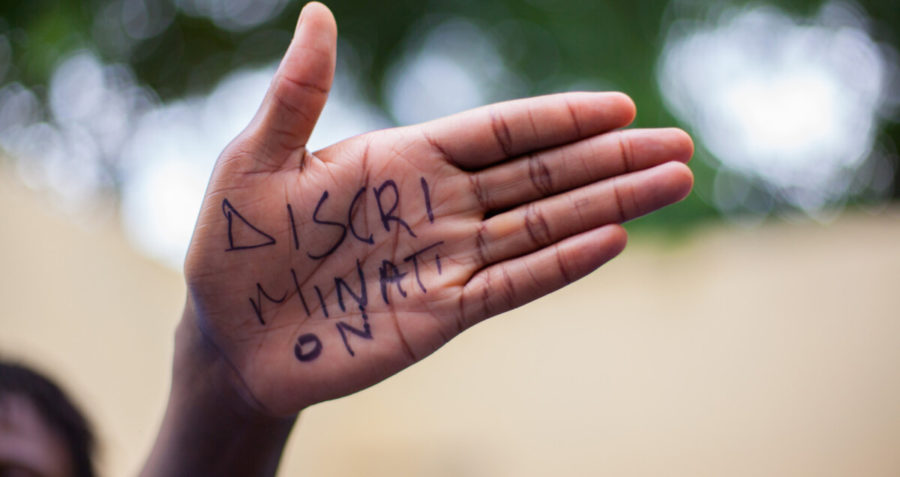Ugandan bill extends criminalisation of LGBT+ people and sex workers
 © Frontline AIDS/Gemma Taylor 2017
© Frontline AIDS/Gemma Taylor 2017
Civil society organisations in Uganda have expressed dismay after the passing of the Sexual Offences Bill 2019, which was debated in Parliament earlier this week.
The Bill further criminalises consensual sex between adults of the same gender, and adds further prohibitions to sex work by criminalising buying sexual services.
The Bill, which has a long history of amendments and debate dating back to 2016 when it was first introduced as a private members Bill, has raised concerns about the increasingly hostile environment for sexual and gender diverse people in Uganda. While the Uganda Penal Code Act already prohibits sexual relations between men, the new Bill criminalizes both anal sex, and sex between people of the same gender – effectively extending criminalization.
The Bill adds additional criminal penalties to sex work, by criminalising those who buy sex, indoor work places, and extending the definition of sex work. These measures have been shown to increase violence and impunity against sex workers where they have been introduced elsewhere in the world, and continue to disable sex workers from working safely seeking help when they need it. Moreover, the clause undermines Uganda’s concerted efforts to reduce HIV and provide targeted health care to sex workers.
The Bill also allows for Ugandans to be tried for ‘crimes’ committed under this Bill even if they were not in Uganda at the time.
In the debate in parliament, a clause which allowed for the withdrawal of consent at any time during a sexual act was discussed. The clause was seen as a “sneaky” attempt to introduce the concept of marital rape in Ugandan law, which currently does not recognize rape when the perpetrator is married to his victim. The final version of the Bill deletes this clause, leaving married women without any legal protections against marital rape and supports societal beliefs that excuse violence against women if it takes place in a marriage. Sexual and gender based violence is a key driver of HIV, the Bill misses an opportunity to protect married women and to unequivocally condemn intimate partner violence.
Frontline AIDS supports civil society’s call for the Ugandan President to consider the impact of the Bill, and decline to sign it off as it stands. We support calls for statutory bodies like the Uganda Law Reform Commission and the Uganda Equal Opportunities Commission to consider the Constitutionality of the Bill and its potential impact on the equality of ALL Ugandans. We stand in solidarity with marginalsed people in Uganda, and everywhere.
Tags
LGBTSex workersUganda

